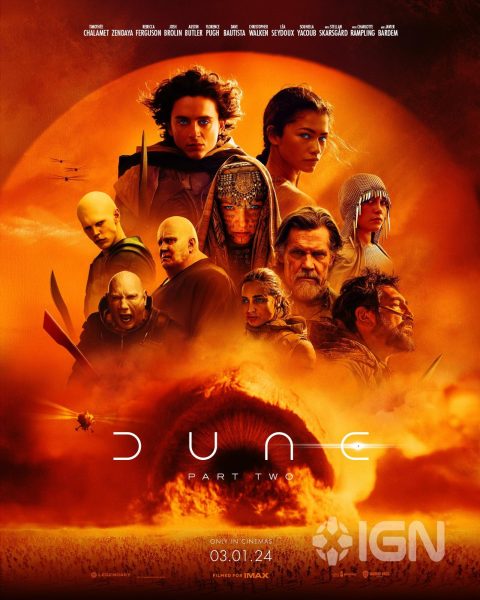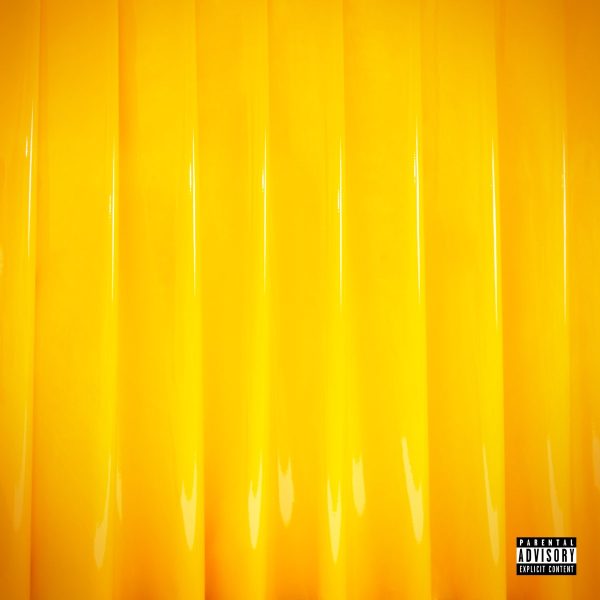E-Readers or Print Books?
April 20, 2018
The idea of producing an e-reader began in 1971, when a man named Michael Hart started Project Gutenberg. Since then a variety of e-readers have become available for the public to purchase. Two of the most popular e-readers today include, Amazon’s Kindle and Barnes & Noble’s Nook.
So, what are some positives of these digital e-readers? What are some positives of traditional, print books? And why do some people prefer e-readers over physical copies of a book, and vice versa?
Firstly, e-readers have many positives. Though personally I prefer the physical copy of a book over the digital copy, I cannot overlook some of the positives e-readers provide their readers.
Portability
One of the biggest positives e-readers provide is how portable they are. Unlike physical copies of books, e-readers are sleek and won’t take up much space in a purse or suitcase. E-readers make traveling much easier, and give readers the opportunity to have hundreds of books at their fingertips, without having to lug around a heavy suitcase.
“I love e readers due to the ease of them. It is really easy to get a book. I just go online and download one. I also like them for travel. It is so much easier than traveling with books and I can bring so many more.” Said Abbie Piero, a senior in French and International Studies.
Light Preference’s
E-readers allow readers to change light settings depending on where and when they decide to read. This is extremely valuable if you are reading outside, or at night. Studies have shown that reading on tablets in the dark can be potentially dangerous, but reading from tablets made specifically for reading have been developed differently and aren’t suppose to be to as dangerous. Check out an article discussing this here.
“I like to use e-books because I can carry more books with me at a time and I can read in the dark which has been nice for my other roommates when they are trying to sleep. I personally have a kindle paperwhite so there is no glare from the sun. The only thing I miss from paper back books is the smell.” Said Brianna Stover, a junior in Mechanical Engineering.
Money Saver
This is a huge positive, especially for college students. Books can be quite expensive. E-readers do have to be purchased, but once they’re purchased, they offer a large library of free books. A negative to this being your options could be limited, but hey at least they’re free!
“I actually really like ebooks because they’re super convenient for traveling; if you finish, you can just download another one. Also there’s an endless selection, and you can save some trees.” Said Laura Knapp, a freshman in Biology.
Now let’s take a look at the other side… Here are some positives to traditional print books.
Print books last for life
With technology always changing, how will we know if e-readers will always support the content we have on them? Traditional books are a physical copy, that unless you lose or sell will always be yours. They are also a great piece of memorabilia to be passed down in your family!
No Charger Needed
E-readers will always need to be charged, whereas traditional books NEVER need to be. Print books also do not require WI-FI, software updates, and in some cases a cell signal.
The Reading Experience
Overall, print books allow readers to experience the little things, such as the spine of the book cracking when you first open it, the smell of a new book, and the overall aesthetic a new book has to offer.
“I’m all about print books because without the feel of the paper in your hands, you just don’t get the same connection and engagement in the literature. Also, reading a book at night is so relaxing and helps you fall asleep, or stay up and read the entire book in one sitting, whereas e-books keep you awake because the screen light impacts your sleep cycle negatively. Print books also contain bits of history and their owners in them as you see what pages they’ve written on, pages they dwell on, and the other little things. Print books capture a bit of their reader’s soul and carry it on to the next reader. Plus if you throw a book across the room from anger of a character doing something stupid or dying, it’s a lot cheaper than replacing an ebook.” Said Julia Ringhofer, a sophomore in English.
Bringing up another positive for print books, Katharine Rants, a junior in Interior Design, stated that, “As someone with a learning disability reading off of a screen can become very distracting, so I prefer reading a book.” There are many articles claiming that e-books are much more distracting than their competitors, print books, check out one of these articles here.
No matter which you prefer, reading is an excellent hobby to incorporate into your daily routine.
Since summer is right around the corner, here are some books coming out to look forward to!
Happy reading!
















